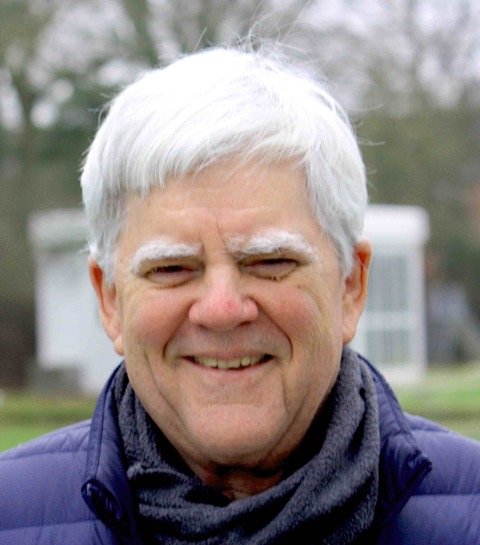The mission of the Andrea A and Melinda M diSessa Family Foundation is to promote a powerful understanding of “computational literacy.” It will do this by disseminating: (1) information about computational literacy, (2) a suitable open and downloadable computational platform together with open-access learning materials, and (3) an on-line forum to aid anyone in building and sharing such learning materials and instructional practices. We aim to help all learners become confident and nimble technologists and thinkers, developing and refining potent ideas, not merely the technical skill of writing code.
The Foundation is a non-profit public benefit 501(c)(3) corporation and donations are always welcome. Please see our CONTACT page.
Board of Directors
JOHN SEELY BROWN
John Seely Brown was the Chief Scientist of Xerox Corporation and the director of its Palo Alto Research Center (PARC)—a position he held for nearly two decades. A master integrator and instigator of productive friction, JSB explores the whitespace between disciplines and builds bridges between disparate organizations and ideas. While head of PARC, Brown expanded the role of corporate research to include such topics as the management of radical innovation, organizational learning, complex adaptive systems, and nano technologies. He was a cofounder of the Institute for Research on Learning (IRL). His personal research interests include new approaches to learning, digital youth culture, digital media, and the application of technology to accelerate deep learning within and across organizational boundaries—in brief, to design for emergence in a constantly changing world.
CLAYTON LEWIS
Clayton Lewis is Emeritus Professor of Computer Science at the University of Colorado Boulder. Lewis served previously as Co-Director for Technology for the Coleman Institute for Cognitive Disabilities, and Fellow of the Institute of Cognitive Science, at CU. He is known for his research on evaluation methods in user interface design. He has also contributed to cognitive assistive technology, to programming language design, to educational technology, and to cognitive theory in causal attribution and learning. He has been honored by appointment to the ACM SIGCHI Academy, by the SIGCHI Social Impact Award, and by the ACM SIGACCESS Outstanding Contribution Award.
BRUCE SHERIN
Bruce Sherin’s work focuses primarily on conceptual change in science—the process through which our everyday understanding of the natural world changes over time and with instruction. In early work, he engaged in the design and study of novel interventions for physics instruction, with particular emphasis on the role of symbolic representations. As part of that work, he explicated his theory of Symbolic Forms, which captures the conceptual structures that successful physics experts learn to see in equations. More recently, his work has focused on some methodological issues in the study of conceptual change. As part of this newer work, he applies techniques from natural language processing to interview protocols. He is also the designer and developer of Tactic Text, which is a web-based text mining environment designed for qualitative data analysts.
ANDREA DISESSA
Andrea diSessa is the President of the diSessa Family Foundation.
MELINDA DISESSA
Melinda diSessa is the Vice President/ Secretary Treasurer of the diSessa Family Foundation. She is a visual artist working primarily in paint and mixed media. She has exhibited widely in the San Francisco Bay Area including in the inaugural de Young Open Exhibition.




